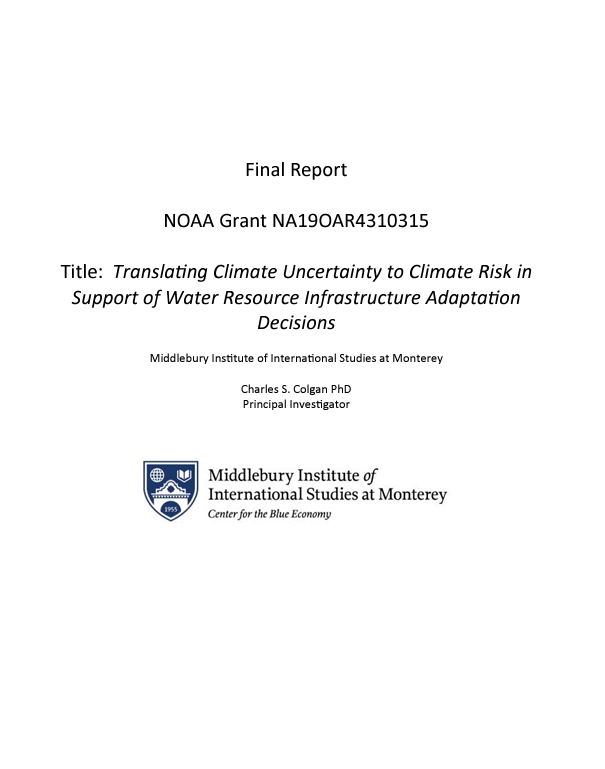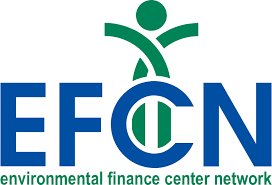Water Infrastructure
Our region faces significant water infrastructure challenges. The 2022 EPA Clean Water Needs Survey estimated New England’s water infrastructure would need $44 billion in infrastructure investment over the next 20 years. Mounting infrastructure challenges include aging systems, climate change, emerging contaminants, growing income disparity, and decades of underinvestment. The impacts of these challenges disproportionately burden underserved and disadvantaged communities that lack the capacity to access much-needed infrastructure funds. We help these communities access the capital and resources needed to ensure reliable and resilient water infrastructure.
Services

Projects
New England Water Infrastructure Network (NEWIN)
NEWIN provides free financial, managerial, and technical support for New England’s municipalities, utilities, and tribes. Our goal is to help communities access funding for drinking water, wastewater, stormwater, and nonpoint source pollution needs through the Clean Water and Drinking Water State Revolving Funds (SRFs) and other sources. We prioritize working with capacity-constrained communities, those with pressing water quality challenges, and water systems that have not previously applied for SRF funding. See our Fact Sheet
What We Do
NEWIN offers customized water infrastructure solutions at every step of the process. Our network of experienced planners, project managers, engineers, water utility advisors, financial experts, and grant specialists partner with communities to achieve their goals through services such as community outreach, asset management planning, financial reviews, and bid support.
Small Public Water Systems Training and Technical Assistance
Resources

Translating Climate Uncertainty to Climate Risk in Support of Water Resource Infrastructure Adaptation Decisions
Water utilities with facilities in shore-adjacent locations are particularly vulnerable to disruptions due to flooding exacerbated by sea level rise. This project evaluated the economic impacts of approaches that Maine Water and the City of Saco, Maine, had for adapting to changes in storm patterns, precipitation, and sea level rise. The stakeholder-driven approach combined climate change and sea level rise data with an economic benefit-cost model to assess the probabilities of damage from climate change and the investment strategies for reducing possible damage.

